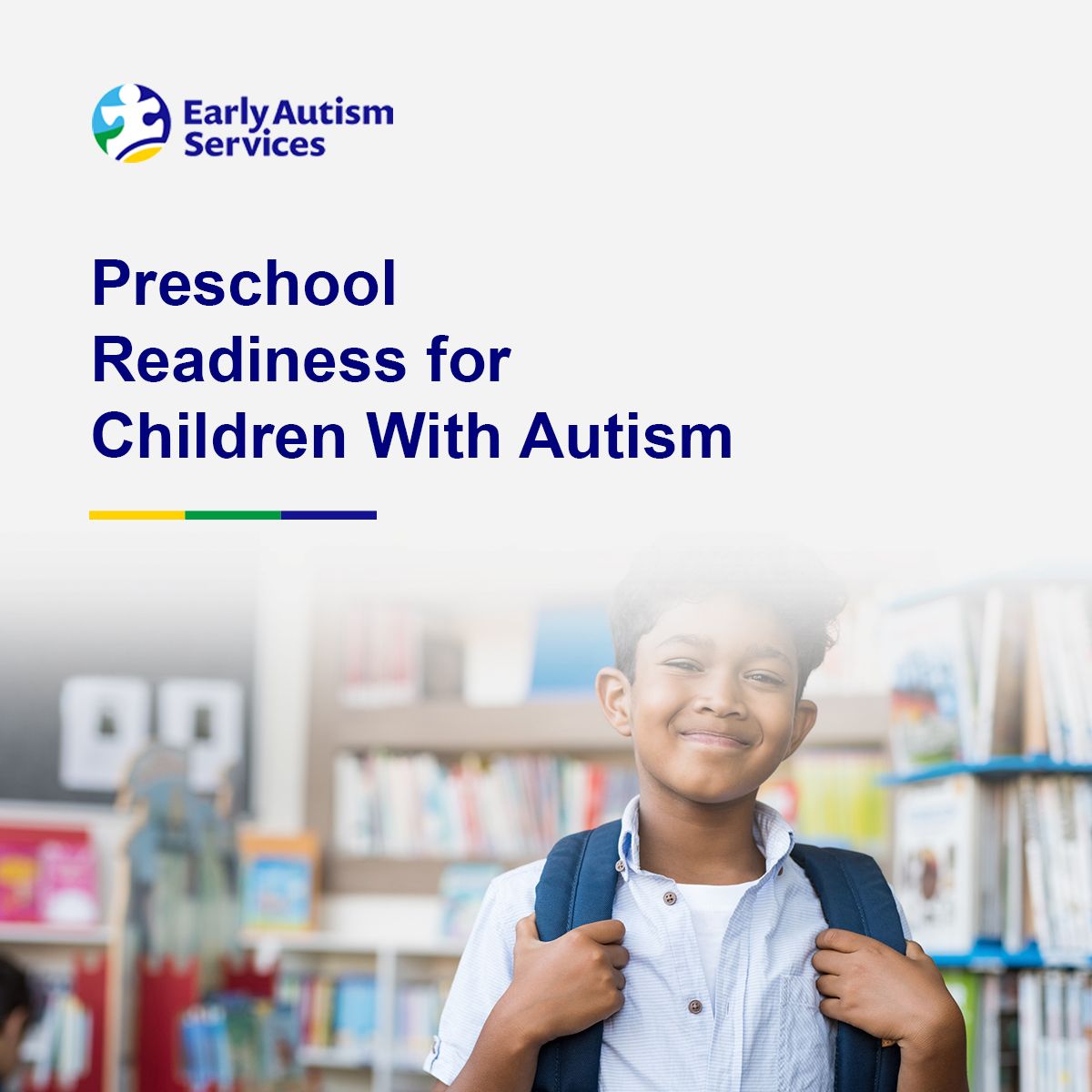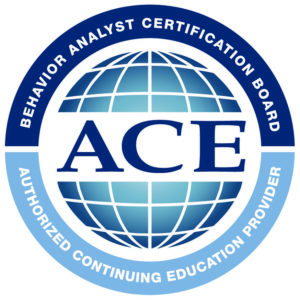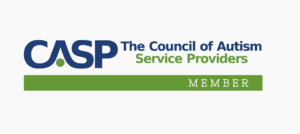
Children with autism succeed in preschool when they develop more awareness of their surroundings, understand how to follow instructions on a basic level and feel ready to comprehend new information. Self-help, behavioral expectations and social awareness are skills that children develop in school in addition to educational topics.
Getting kids with autism ready for school is more successful when parents and therapists use individualized approaches tailored to a child’s current skills and needs. Autism spectrum disorder (ASD) affects each person differently, so children with ASD have differing abilities and strengths that require different therapy approaches. Early intervention can help children develop important skills during their preschool years.
Parents and applied behavior analysis (ABA) therapists can work together to help children prepare for preschool. They can help children with autism develop skills, such as social skills, remaining seated, lining up, making eye contact with classmates and teachers and communicating their needs. Your child can receive ABA therapy at home or in a clinic setting. An ABA therapist can help your child develop basic building blocks that can help them to benefit even more from their other therapies.
Learning how to prepare your child for school can give you the knowledge you need to support their growth and development. You can also do simple and fun activities at home to help your child prepare for preschool. You can use these activities to help your child develop the following skills:
Language and Communication
When children with autism develop functional communication skills, they can communicate their needs effectively. Parents can help their little ones develop functional communication skills by waiting for them to communicate their needs rather than anticipating and meeting their needs for them. This helps children learn to convey their needs through gestures, such as reaching, pointing, eye gazes, verbal attempts and sign language.
Songs and fingerplay activities are fun and engaging ways to build language skills. Simple songs or rhymes encourage children to try repeating words, rhythms, sounds and movements. Fingerplay activities also help children develop fine motor skills. You can sing songs with your child and encourage them to imitate words and movements.
Joint Attention
Joint attention is a skill that children need to interact and cooperate with others. It is the ability to share in an activity or item with another person. Children interact with teachers and peers in preschool, so it’s essential that we help them develop the necessary skills for socialization. A great way to help children develop this skill is to play with them.
Parents and therapists can help children learn joint attention by getting down at eye level with them and actively engaging themselves in an activity or item that the child is engaged with. Giving them one-on-one attention helps them become comfortable interacting with others.
When children develop joint attention, they can focus on an activity with an adult or a peer for an increased time frame and practice taking turns. Parents and therapists can help children practice taking turns by noticing how their child asks for a turn, encouraging them to wait for turns and offering to take turns periodically. Another way parents can help their children is to present them with non-preferred activities to encourage trying new things.
Cognitive Skills
Pre-literacy skills involve focusing on books without necessarily focusing on whole stories. Before starting preschool, therapists and parents can help their children develop pre-literacy skills by helping them practice turning pages, touching pictures, listening to you talk about the book and orienting books to face the pictures in the correct direction.
Motor Skills
Fine motor skills involve the small hand muscles that help children write, draw, fasten clothing and grasp small objects. Parents should help their children practice fine motor skills at home because it will help children write, open their lunch boxes, zip their coats and perform other tasks. Parents and therapists can help children with these skills by implementing activities that involve tweezers or tongs, ripping paper, painting with squeeze bottles or playing with play-doh.
Children can also practice pre-writing strokes, which include circular, horizontal, vertical and diagonal lines. Parents and therapists can combine this activity with sensory exploration by helping children practice pre-writing strokes in shaving cream, play-doh or other fun substances.
Core Skills for Early Skill Development
Based on their skills, some children may benefit more from preschool while others benefit more from center-based ABA therapy. What’s best for your child will depend on their current learning skills. Preschool children need certain foundational learning skills to help them achieve academic success. These school readiness skills include the following:
- Functional communication: Children thrive in preschool when they are able to use sounds, words, behaviors, and pictures to communicate their feelings, ideas and thoughts to others.
- Independence: When children are able to complete basic tasks on their own, they will have an easier time learning in a classroom setting.
- Meaningful play: Playing with toys and materials in a meaningful way helps children to learn through play.
- Social interaction: Children will be able to build relationships with peers and teachers when they are able to exchange purposeful communication with others.
- Learner behavior: Learner behavior is an important skill to have because it helps children to stay engaged in the classroom, actively participate in class activities and appropriately respond in a structured setting.
- Learning through imitation: Children learn by watching others. Verbal and motor imitation skills will help children execute purposeful speech production and motor movement.
Depending on a child’s needs, they may benefit from specialized services in a separate special education program. Others may benefit from specialized support within a general education setting. Therapists, parents and teachers can provide support in childcare and preschool programs. Still, some children need to develop foundational skills through more intensive therapies and interventions before entering into a structured group setting.
Get Support From Early Autism Services
At Early Autism Services, we provide evidence-based, best practice therapy to help children develop skills, such as gross motor, fine motor, communication, behavior planning, social interaction, play, self-help and pre-academic skills. We can individualize treatment based on a child’s current skills and needs. We offer in-home ABA therapy, center-based ABA therapy, speech therapy and other services. Parents can also benefit from free training and virtual events that they can use to learn from and better support their children at home.
Request a free consultation to learn more about how we can help your child develop foundational skills that will help them thrive in preschool. We are passionate about potential, and we are dedicated to helping you and your child learn and grow together.




Recent Comments